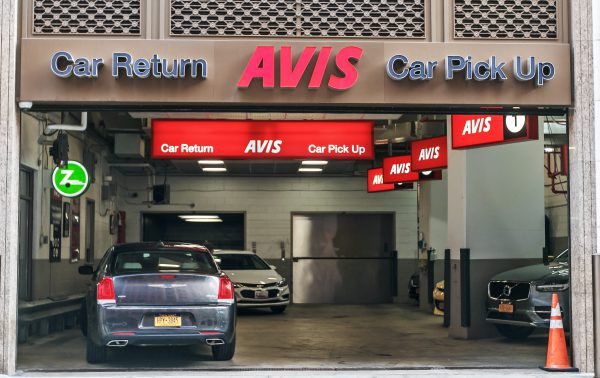Going on road trips is no longer a herculean task for Raviraj VG, 25, a Chennai-based IT executive. All he has to do is rent a car and drive away. “A few of us enjoy driving, and the absence of the driver helps us accommodate one more person,” he says. “It also gives us privacy and the freedom to plan our trip according to our whims and fancies,” he adds.
Raviraj and others are able to give in to their whims and fancies thanks to the steady if the slow spread of car rental agencies. Avis and Hertz, household names in the US for decades, are here. As are the home-grown Zoomcar, Drivezy, Revv, Myles and MyChoize. Together, these players and their peers are giving travelers one more option when it comes to hiring a car, whether it is to go on a trip to the hills or to spend the day driving around the city delivering wedding invitations.
Globally, the car rental business has been around for over a century. One of the first references to the concept dates back to 1904, in the US. In India, informal car and bike rentals have been around for decades in tourist centers such as Goa. However, the sector took on a formal shape only in 2005 — the first round of funding in this space happened that year, according to Tracxn, a firm that tracks investments and financials of start-ups and private companies.
The business model
Car rental companies purchase or lease vehicles and rent them to customers by the hour, day, week or month, with and without fuel, according to the customer’s preference, for a fee.
The price varies from operator to operator, depending on the city and location. Renting a 5-seater Hyundai Verna from Zoomcar in Bengaluru (with pick-up/return at Koramangala) to drive 120 km, for 24 hours, with fuel, involves rental of ₹2,407 — about ₹20 a kilometer. The same deal is priced at ₹2,841 — about ₹23 a kilometer — by Drivezy. Beyond the stipulated 120 km the rate per kilometer drops.
Some companies charge extra for delivery and pickup of the vehicle at the customer’s doorstep. Zoomcar and Revv, for instance, charge ₹300.
Car rental companies have also begun experimenting with different models such as peer-to-peer sharing to scale up faster while trying to improve their overall asset utilization. Drivezy, for instance, has partnered with Oyo Hotels and Homes, allowing it direct access to tourists and business travelers who stay with the hospitality giant each year.
Still in the slow lane
However, only 1.7 percent of the people in India (about 22 million people), have heard about or used Avis car rental services, according to data from Statista, an online statistics portal.
“The market is still very under-penetrated due to low levels of awareness and acceptance of this method of ownership,” explains Vinodkumar Ramachandran, Partner and Head, Industrial Manufacturing and Automotive, KPMG.
This could be because people prefer to self-drive to bring the cost of a commute down or just for fun, says Sunil Gupta, CEO, and MD, Avis India. For usage within the city, they prefer a car with a chauffeur to get to meetings on time, given the traffic congestion and parking issues, he adds.
Ask customers if they would like to rent cars on a daily basis, and their replies aren’t encouraging. “I’d rather book an Ola or an Uber,” explains Hari Krishnan, a 30-year-old software engineer from Chennai. Because it will save me the hassle of going and picking up the car from the said location (or paying extra for it to be dropped off and picked up). Instead, Ola and Uber will come and pick me up from my desired location and drop me exactly where I want them to, he says.
“The stress of driving cars in the city is what drives people away,” says Arvind Narayanan, a 26-year-old Chennai-based management executive. That’s why we rent cars when we travel outside the city, as driving on highways is a much better experience, he explains.
There are other pain points too.“You cannot be sure of the condition of the car,” says Raviraj. Sometimes, you might not check minute details while picking the car up and it could break down in the middle of your journey. And sometimes, you might be charged for damages that you didn’t cause, he adds.
“The cars mostly won’t be clean. And sometimes, you’d book one car, say a Tata Hexa and will be delivered a Mahindra Scorpio,” says Hari Krishnan. “Plus, you should know how to navigate using Google maps to figure the route yourself, if you don’t know it already,” he adds.
Decline in investments
The investment figures for the sector also don’t paint a pretty picture. From a record funding of $90.2 million last year, investments have dipped nearly 81 percent to $16.9 million so far this year. The number of new players entering the market has also declined.
 Get up to 10% discount with ‘CDP30’ Special Fare on travel date beyond 12-February-2024
Get up to 10% discount with ‘CDP30’ Special Fare on travel date beyond 12-February-2024






